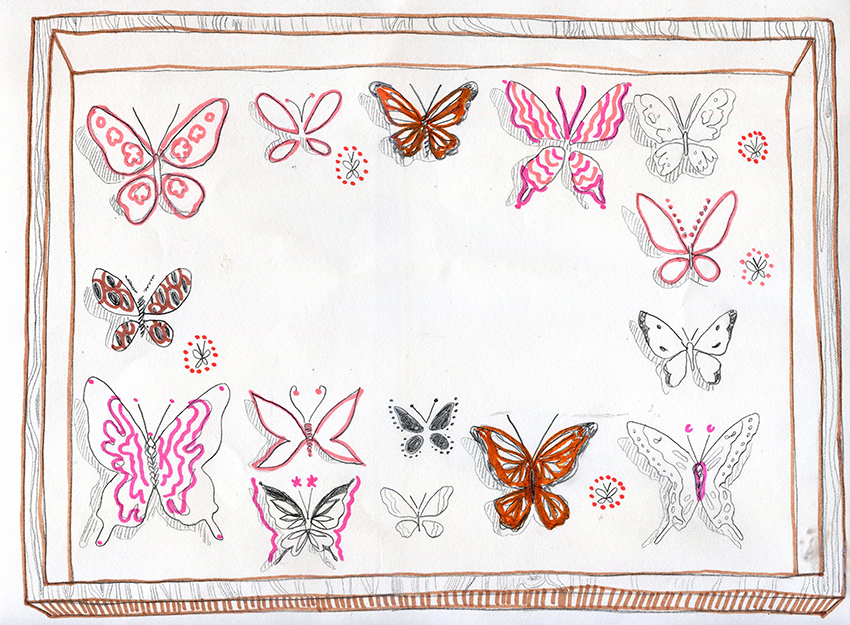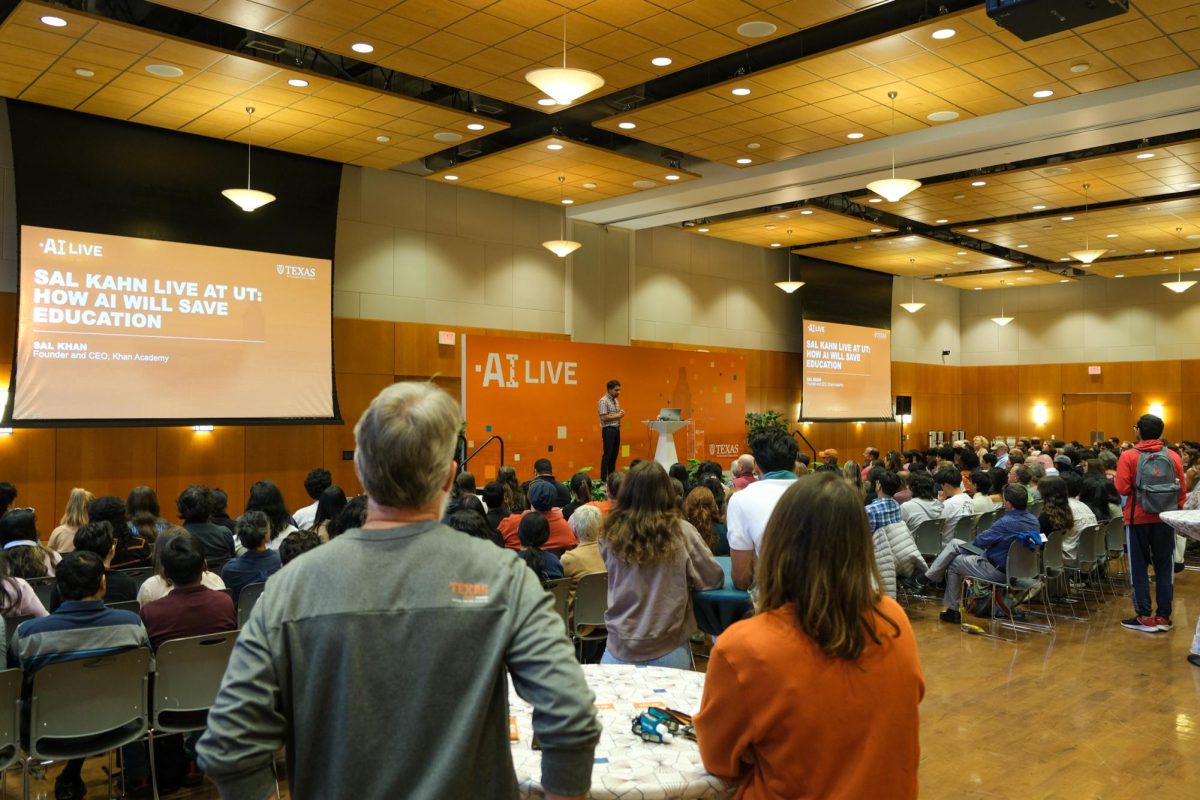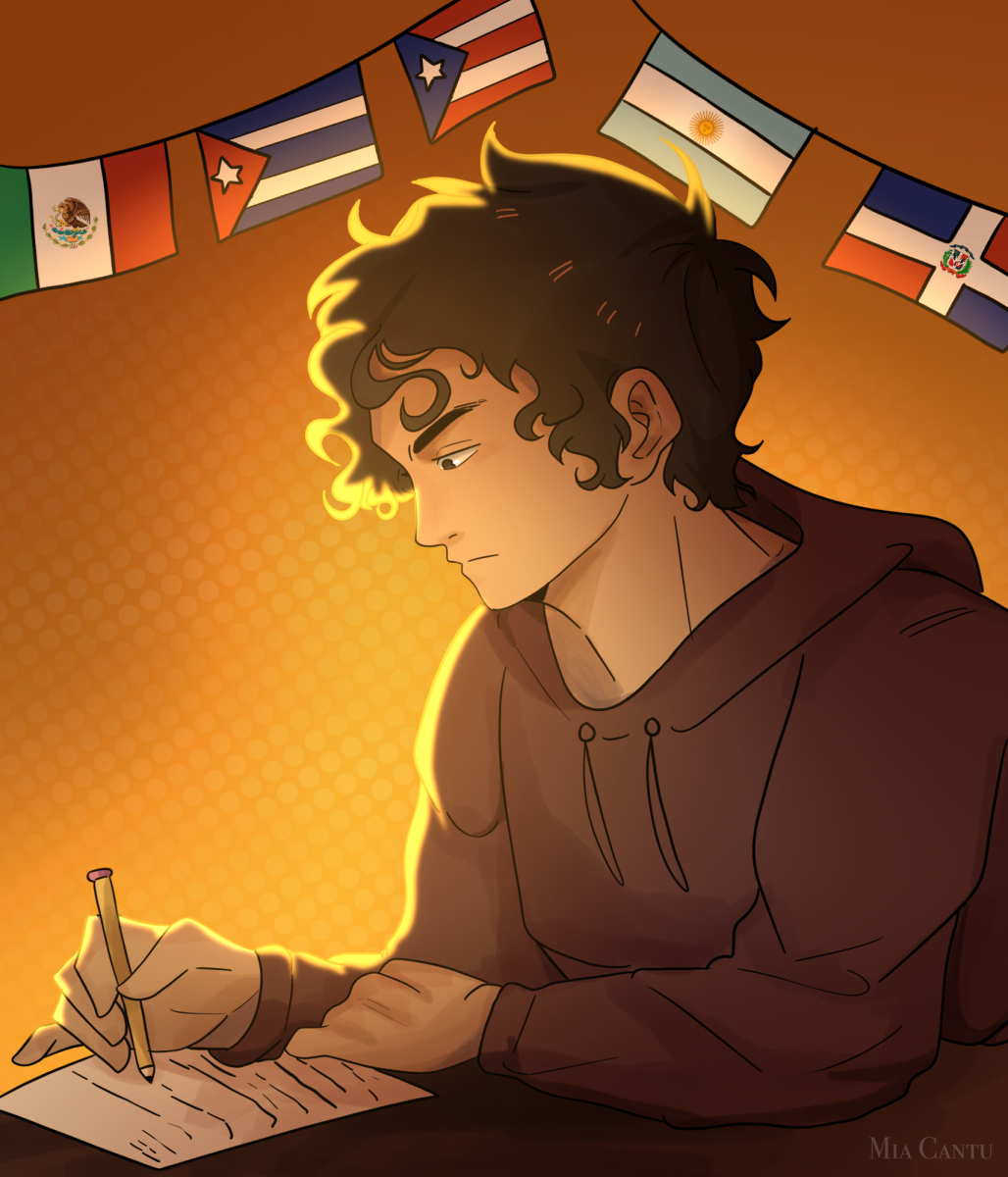A collection of butterflies gathered over the lifetime of a UT alumnus has found a final home at the UT Biodiversity Center Entomology Collection, adding 10,000 colorful insects from 50 countries around the world.
The 10,000 butterflies and moths, from the scientific order Lepidoptera, were donated last fall by Lybeth Hodges, wife of the late Jeffrey Robb, a UT Law alumnus and professor of government at Texas Woman’s University. The Biodiversity Center’s butterfly collection previously consisted of 20,000 specimens.
Hodges, who was married to Robb for 41 years, said Robb was interested in butterflies starting at the age of 9. After graduating with honors from UT, Robb joined the Navy, and he and Hodges spent the 1980s in the Philippines and Japan, where Robb collected many butterflies.
“He used to keep a map and put pins on it to keep up with where he’d traveled, but it got too dangerous to be around our kids because it had so many pins on it,” Hodges said. “He was really in the jungle. He had leeches get on him, and he’d run into wild animals. It was kind of scary, but he was certainly dedicated.”
The Robb collection added butterflies that would be harder to obtain today because of habitat destruction and stricter worldwide collection laws, said Alex Wild, the UT Entomology Collection curator.
“Donations like the Robb collection go a long way to (make) sense of what butterfly species are, where they live and how they’re changing in response to the changes we’re bringing in the world,” Wild said.
Wild said butterflies with date and location labels allow scientists to analyze trends based on where butterflies are located over time, allowing them to predict the effects of climate change. Over the past two years, volunteers and staffers at the Entomology Collection have been in the process of documenting the collection in an online catalog, which was a “huge undertaking,” Wild said.
“If we were to catalog our entire collection, it would take about $5 million at minimum wage salary to have people go through the collection,” Wild said. “Imagine being a librarian for 2 million books, and you’re just one librarian.”
The butterflies are in the process of being organized by species with the help of around 20 students and outside volunteers who teach themselves how to recognize certain species. “My favorite part about volunteering has been my ability to learn about a specific species and what the different butterflies look like,” chemistry sophomore Alexia Martin said. “For entomology students, this collection is important because they are able to have an actual physical butterfly that represents a bunch of different species that they wouldn’t normally be able to go see.”
Hodges said after Robb passed unexpectedly, she was unsure what to do with the 17,000 butterflies they owned but decided to donate some of them to UT because it seemed like the right thing to do.
“That’s the one thing I really knew he wanted,” Hodges said. “He wanted something that could preserve them. He didn’t want them to go to some other schools we’d talked about because they didn’t have the facilities or enthusiasm that UT seems to have.”


















